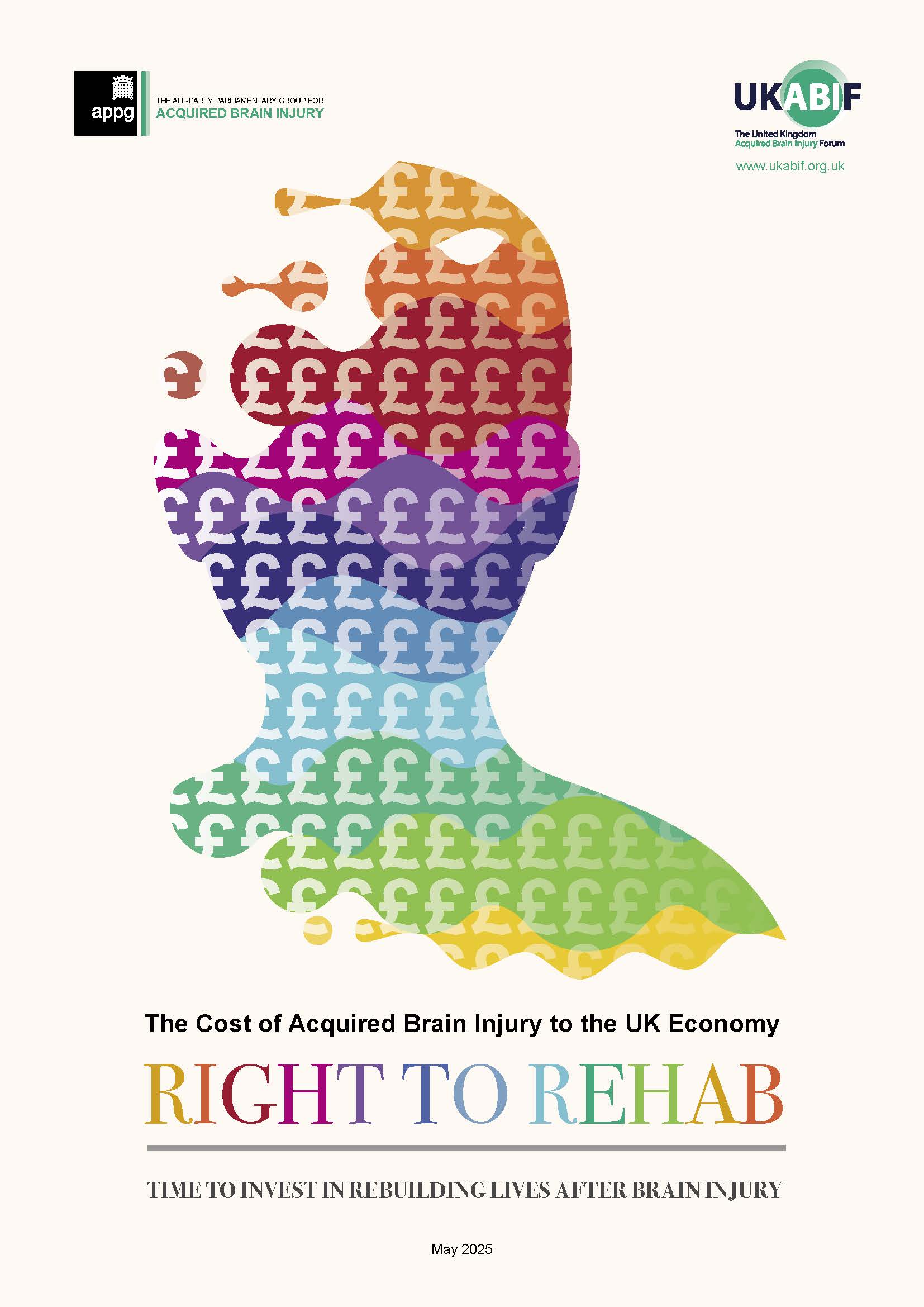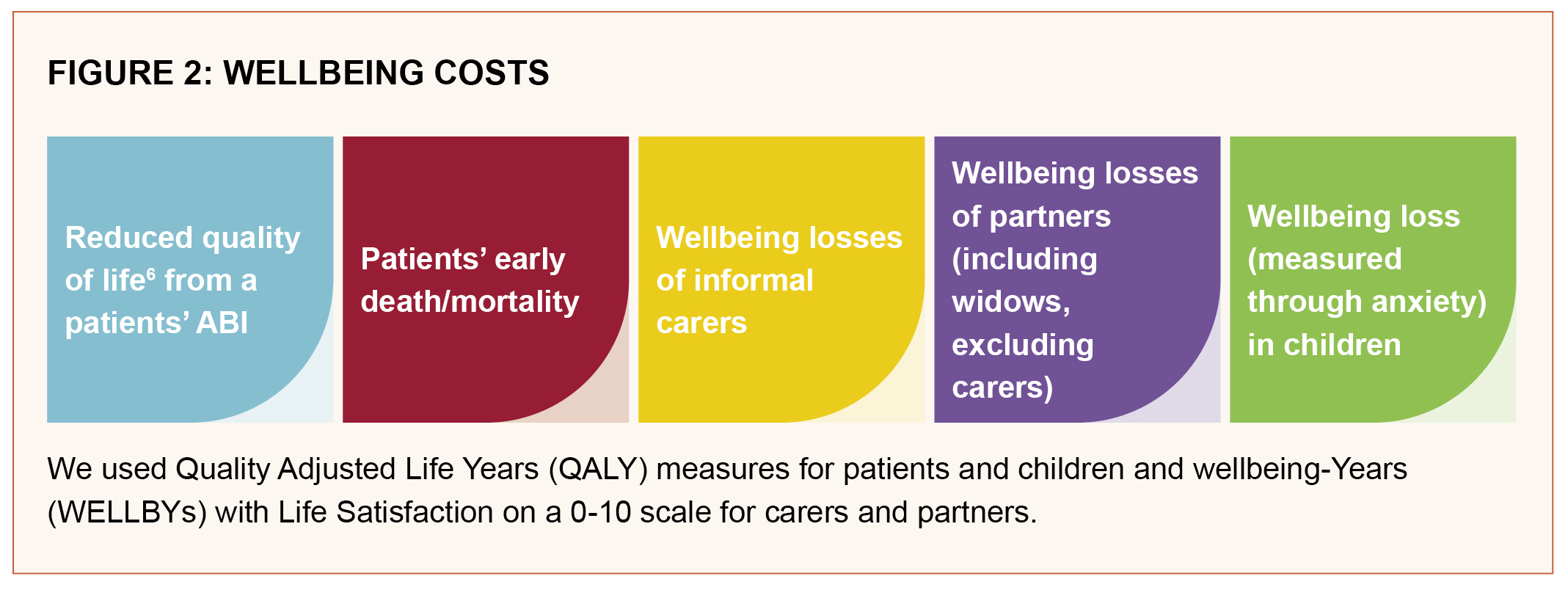Hidden toll of brain injury costs economy £43 billion a year
21 May 2025
(0 Comments)
Posted by: Chloe Hayward
A new report entitled ‘The Cost to the UK Economy of Acquired Brain Injury’ commissioned by the All-Party Parliamentary Group on Acquired Brain Injury and charity UKABIF has found that investing in specialist rehabilitation services could significantly reduce costs to the NHS and social care.
The report considers the economic impact of acquired brain injuries (ABI) including traumatic brain injuries, stroke and brain tumours. The total impact to the economy including lost productivity, NHS care and the cost of benefits totals £43bn per year, though the true figure is likely to be higher as limited data is available on the impact on mental health, addiction and homelessness services. This is the equivalent of 1.5% of UK GDP. The total costs includes £20bn impact on the NHS and social care, £21.5bn in lost productivity to the economy, £1.9bn in DWP benefits and £1.5bn in costs to education and the criminal justice system.

The report argues that brain injury should be put on the same footing as other major conditions such as cancer, dementia and coronary heart disease which have economic burdens of a similar scale with the same focus on public health prevention, treatment and rehabilitation. It makes seven recommendations to policymakers including a statutory ‘Right to Rehab’ led by clinical specialists in every UK region; which would be funded by savings elsewhere such as acute care and social services. It also recommends a new strategy and better use of data to end the postcode lottery in neurorehabilitation services, along with a cross Whitehall standing committee to break down barriers between government departments to deliver a strategy for Acquired Brain Injury which has been discussed in draft for several years.
Sir John Hayes MP, Chair of the APPG, who in his youth experienced a brain injury, said:
“This isn’t just a debilitating condition for those impacted, who may find themselves suddenly unable to work, function or walk in the way they are used to. It is also a huge cost to society and the economy. If we are to treat some of the most serious societal problems including addiction, mental health crises and violence, we need to look at the root cause - which in the majority of cases is a brain injury. By giving patients a right to specialist rehabilitation in the communities they live in, we can save money and improve lives.”

Acquired brain injury is the leading cause of death and disability for people aged under 40 in the UK. Prison services, homelessness and mental health services are overwhelmed by individuals whose underlying problems relate to brain injury.
There are around 350,000 admissions to hospitals in the UK of people with an acquired brain injury. A study by Her Majesty’s Inspector of Prisons shows that
up to 60% of prisoners have experienced a traumatic brain injury.
Chloe Hayward, Executive Director of UKABIF, said:
“Giving patients a right to rehab delivers substantial economic and social returns. It reduces long-term healthcare costs, increases workforce participation, and alleviates pressure on social services. At the same time, it strengthens communities by enabling individuals with brain injuries to lead more fulfilling lives, contribute to society, and support their families. The ripple effect of these outcomes benefits everyone.”
|